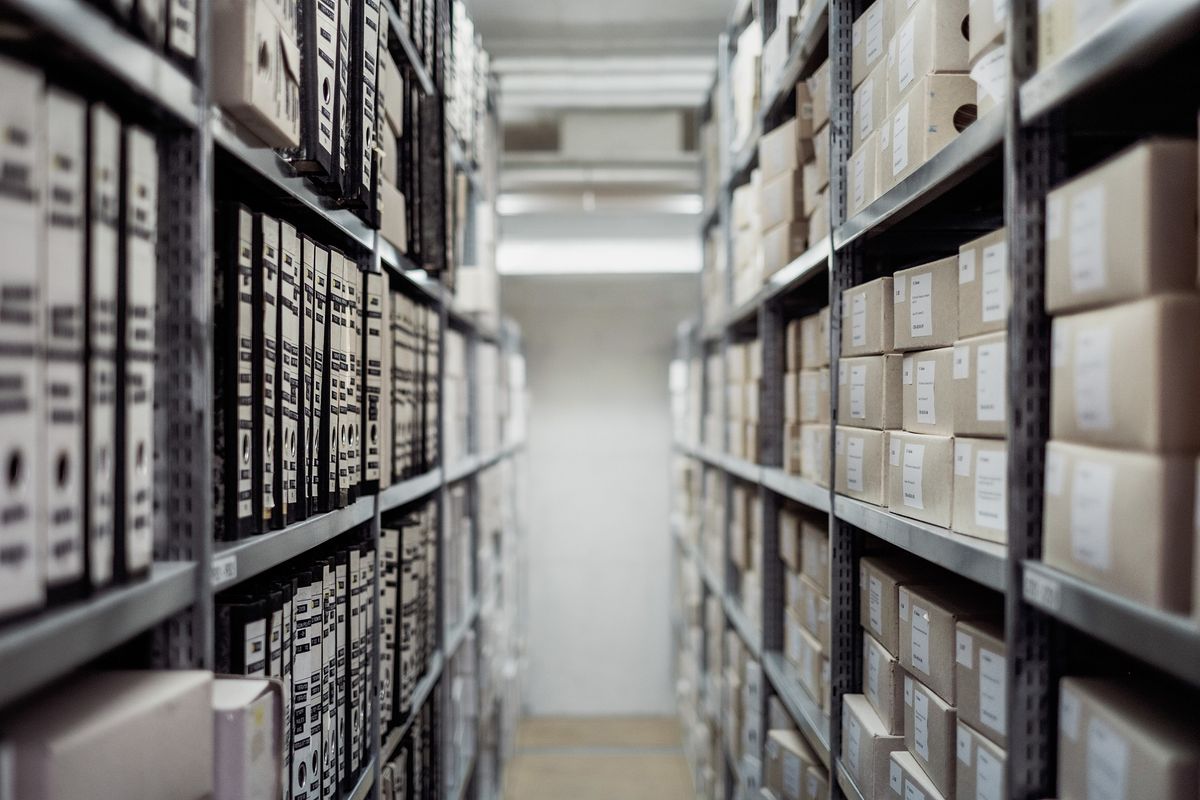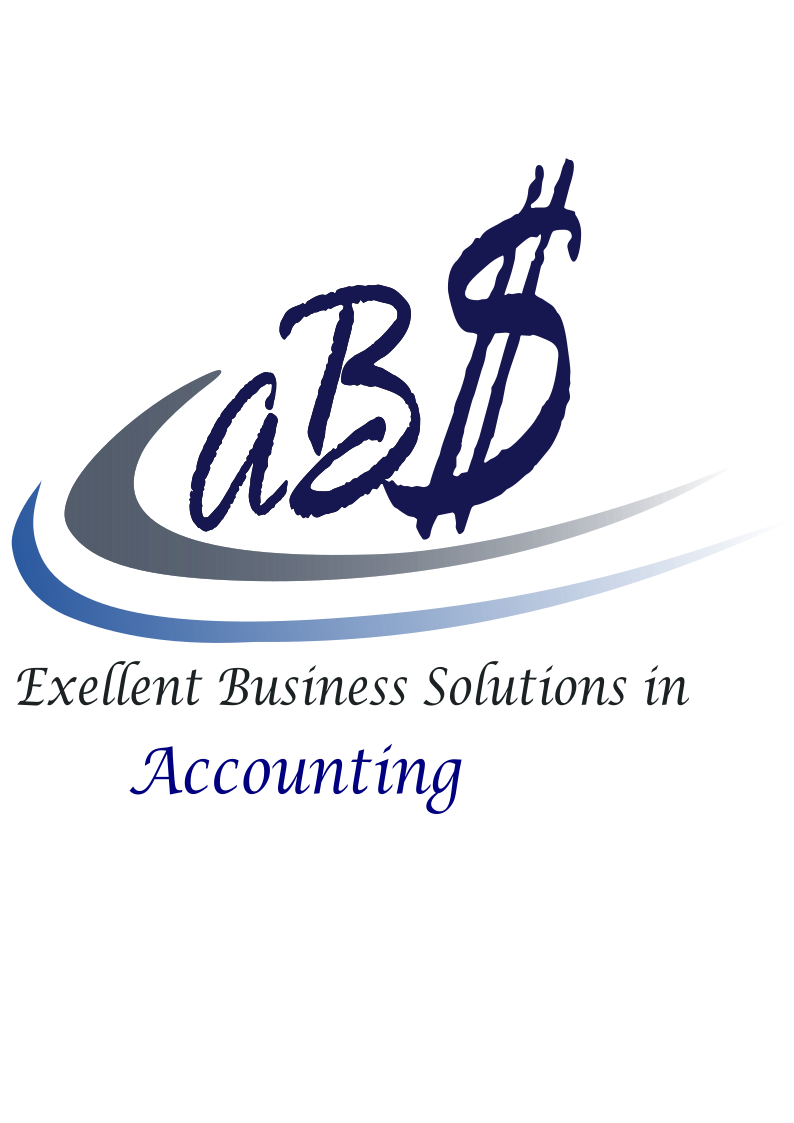How to claim business expenses when there is no supporting documentation available

The obligation to maintain books and records for at least six years
Canadian small businesses can deduct business expenses under the Income Tax Act, as long as they were incurred for the purpose of earning business income. However, business owners must keep books and records for at least six years. Failure to provide supporting documents during an audit may lead to disallowed expenses, but oral evidence can still be used in certain cases.
Insufficient or inadequate documentation does not necessarily justify the CRA in disallowing expenses
According to the below explained cases, inadequate books and records do not necessarily justify disallowing expenses by the CRA.
The definition of "records" under the Income Tax Act encompasses various forms of information, including invoices, statements, and agreements.
The CRA cannot disallow an expense solely based on inadequate records.
The Supreme Court of Canada's decision in Hickman Motors Ltd v R states that credible oral evidence from the taxpayer can be acceptable in the absence of supporting documentation.
Additionally, the CRA's audit manual recognizes that there is no precise requirement for the type of records that taxpayers must maintain.
According to another case of Benjamin v The Queen, 2006 TCC 69 (CanLII), the court ruled that unless mandated by the applicable tax statute, supporting documentation is not required by the court despite the CRA's policy to require it. Credible oral testimony from the taxpayer is acceptable to prove a payment or expense, and the court cannot neglect its obligation to base its verdict on evidence, even if documentation is absent.
In Jorgensen v R, 2009 TCC 37, the judge emphasized that there is no specific requirement for the form of supporting documentation, as long as it is adequate to establish the expenses incurred.
Although maintaining a daily log would have been ideal, the standard for record-keeping is adequacy, not perfection. The appellants were able to reconstruct a reasonable diary of their truck's business use based on sufficient source records. The records also tracked their attendance at various auctions throughout Saskatchewan and larger cities, which were relevant to their farm machinery and equipment sales business.
SUMMARY AND CONCLUSION
The burden of proof for claiming business expenses is on adequacy rather than perfection. While it is recommended to keep proper supporting documentation, many business owners fail to do so. However, case law dictates that the burden of proof is based on adequacy.
Insufficient or inadequate documentation does not necessarily mean the CRA should disallow expenses, as evidenced by several cases. There is no specific requirement for the form of supporting documentation, as long as it is adequate to establish the expenses incurred.
The CRA may still disallow expenses due to lack of documentation. If this occurs, filing a notice of objection or appealing to the Tax Court of Canada may be necessary.
Consulting with an experienced accountant is recommended to ensure legitimate business expenses are not unjustly denied by the CRA auditor.
Get in touch with me to discover strategies for optimizing your tax savings @ 604-727-1540

Disclaimer:
“Please note that the information provided in this article is of a general nature and may not be accurate for your specific situation. The information is current as of the date of posting and is not intended to provide legal advice. It's always recommended that you consult with a professional accountant and lawyer for personalized guidance and advice."



